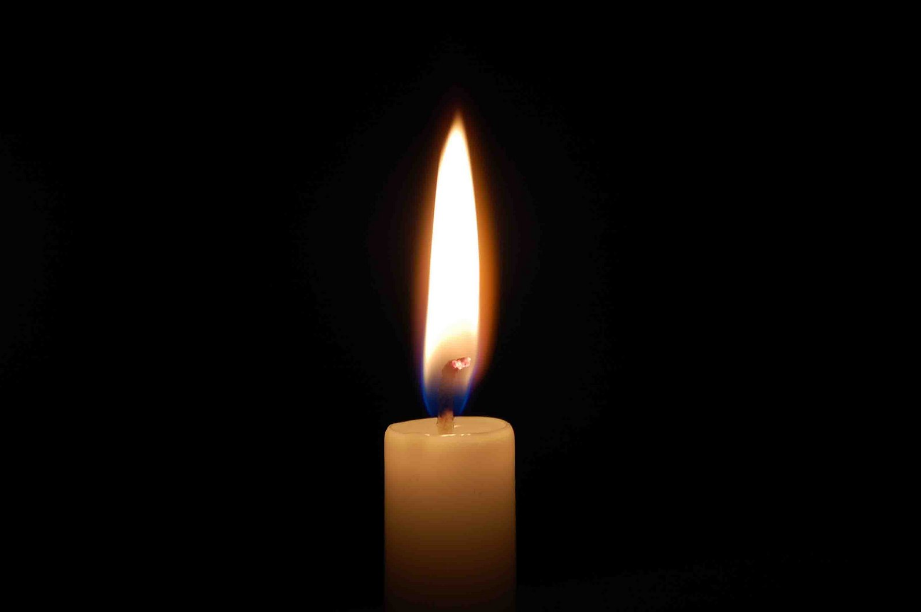Light in the Darkness
- Jun Tan
- Oct 15, 2021
- 4 min read

“In Him was life, and that life was the light of men. The Light shines in the darkness, and the darkness can never extinguish it.” __ John 1:5
Throughout the numerous books I have read over the past three years, I noticed that the characters that appealed to me were those who lived in harsh conditions, but were still able to make the best of their situations, like Winston Smith and Okonkwo. These are the ones that were ‘brave enough to see the light’. There are also other characters who not only were able to remain positive, but also used their voice and influence to help others during those dark times. These are the ones that were ‘brave enough to be the light’, and who I would like to discuss today, for they are excellent role models for us to follow.
Hans Hubermann was one such light. He was the extraordinary ordinary character from Markus Zusak’s historical fiction, The Book Thief. A painter and musician by trade, Hans was a man of little talent and little prowess, yet he was still ‘brave enough to see the light’ amidst the dark maelstrom of the Nazi regime. He saw that love still existed in such a hate-filled world, as seen in how he dedicated his time to teach his foster-daughter Liesl to read, even though he was barely literate himself. Moreover, Hans demonstrated his humanity through doing what he thought was right, rather than accepting the Nazi doctrines like his fellow Germans.
Indeed, Hans taught me to find my own voice in oppressive situations. For example, I grew up in an autocratic society where I was taught only to obey authorities and never question them. Now that I know that the Chinese government is not always right, I have learnt to make my own decisions and choices instead of being forced to comply. In this manner, Hans Hubermann has inspired me to strive for a life of freedom and independence, and to live by my conscience.
Despite being a man of few words, Hans gets his voice across through his actions. In fact, he never publicly criticized or denounced the oppressive society in which he lived. Instead, Hans secretly sheltered a Jew in his basement, even though he knew the consequences of such a heinous act in Nazi Germany. Another instance was how he was publicly whipped for offering bread to passing Jews on their death march to Dachau. It is clear that Hans was brave enough and willing to put himself at risk to be the light that shines for others.
As such, I was very moved by his sacrificial spirit and sympathy for those suffering from hardship. I too want to use my life for the benefit of others, and that is why my friends and I set up the Peer-to-Peer Tutoring programme. We strive to provide free support for struggling students across the College, despite sacrificing our own limited time to do so. In a way, our mission is not dissimilar to Hans Hubermann’s.
Similarly, Jean Valjean, the protagonist from Victor Hugo’s tragedy Les Miserables, is another character that is brave enough to see the light in a dark dark world. Just like Hans, Valjean lived in a dreadful society, stricken with poverty, crime, and discrimination. However, Valjean differed from Hans in that he was originally cynical towards the world around him, courtesy of its mistreatment of him. He endured 19 years of unfair imprisonment for simply stealing a loaf of bread, and he was subsequently discriminated against for his identity as an ex-convict. Valjean railed about the notion of enacting revenge for all the suffering he endured. But his disillusionment and bitterness towards society was brought to an abrupt end when a Bishop showed him the power of kindness and forgiveness. He finally saw the light in the darkness, and he was brave enough to embrace it. Indeed, Valjean became that light.
His universal kindness was unparalleled. Not only did Valjean support those he loved, like his adopted daughter Cosette and his son-in-law, he showed the same love to his enemies and the general public. In particular, he spared the life of an inspector named Javert, who has been persecuting him mercilessly since the very beginning. Moreover, Valjean also actively spoke of forgiveness and generosity, and he lived to benefit the very society that previously rejected him. In this sense, Valjean exemplified the epitome of humanism.
We can learn much from Valjean’s character. His complete change of voice in the novel from vengeful to merciful shows us that everyone has the capacity to redeem themselves, and that it is very possible to see that there must always be light, even if we are enveloped by the dark shadows of prejudice and despair. Alternatively, we can ourselves become the light that shines for others, lighting up their pathways towards hope, love, and reconciliation.
Like Valjean, I would like to treat everyone equally with kindness and compassion, and forgive those who have emotionally hurt me. I know it will not be easy, but this will in time become my moral foundation.
Finally, both Hans and Valjean were brave enough to see the light in their dark societies and ultimately become that light through their incredible actions. Their voices in their stories have urged me to aspire to be just like them: to rebel against oppression, to follow my conscience, to know that there is always hope, and most importantly: to love one another.
“For there is always light, if only we’re brave enough to see it, if only we’re brave enough to be it.”





Comments